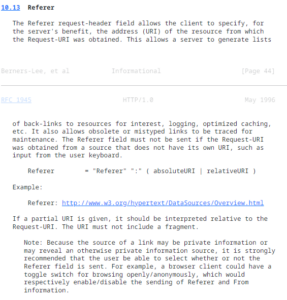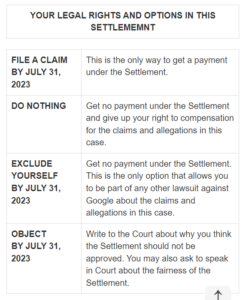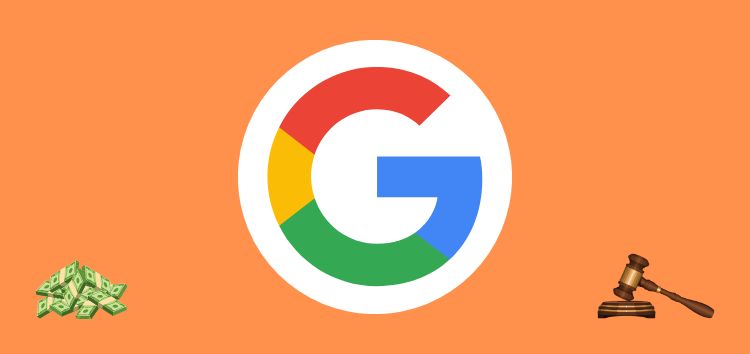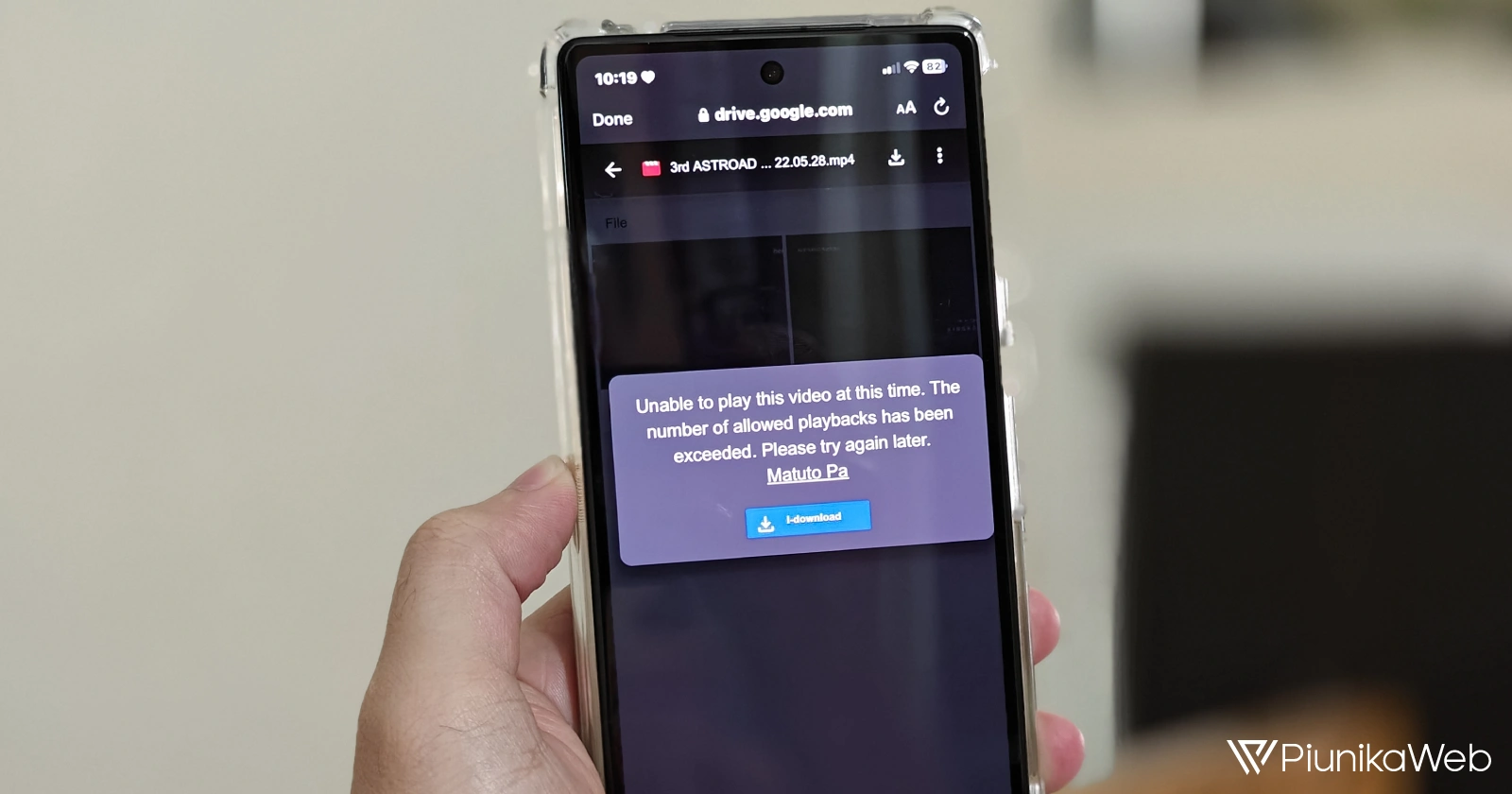Google, the multinational technology company, has recently reached a settlement in a class-action lawsuit regarding its search engine’s referrer header.
The lawsuit alleges that Google violated user privacy by transmitting users’ search terms to the websites they visited through its search results.
What is exactly referrer header?
To begin with, it’s essential to understand what referrer headers are and how they relate to the lawsuit.
When you perform a search on Google and click on one of the search results, your browser sends a request to the website you’re visiting.

This request includes a referrer header, which contains the URL of the search results page.
The lawsuit alleges that Google included the users’ search terms within these referrer headers, thus potentially revealing sensitive information to the website operators.
The class-action lawsuit was initiated on behalf of Google Search users who were affected by this alleged privacy violation.
The plaintiffs argued that Google’s actions violated their privacy rights and sought compensation for the damages suffered.
Google referrer header class action lawsuit settlement
As a result of the settlement, Google has agreed to pay $23 million to eligible claimants and implement certain changes to its practices.
If you meet the eligibility criteria, you have the opportunity to submit a claim to receive your share of the settlement amount.
Eligibility criteria
To be eligible, you must have clicked on a search result in Google Search between October 26, 2006, and September 30, 2013, while being located in the United States.
If you meet these requirements, you can proceed with filing a claim and get $7.70.
How to File a claim
To file a claim, you need to visit the official settlement website. On the website, you will find detailed instructions on how to submit your claim.
It is important to note that the deadline to file a claim is July 31, 2023. Make sure to complete the claim process before this date to ensure you don’t miss out on your compensation.
The settlement administrators will review the submitted claims and determine their eligibility.
Once the settlement is approved, eligible claimants will receive their compensation via the payment method chosen during the claim submission process.

It’s crucial to be aware of the settlement terms and understand that by participating in the settlement, you give up your right to sue Google for the claims covered by the settlement.
If you wish to exclude yourself from the settlement and preserve your rights to pursue legal action individually, you must submit a written request for exclusion before the specified deadline.
Any other questions or concerns about the settlement or the claim process, it’s advisable to consult the Frequently Asked Questions (FAQ) section on the settlement website.
Note: We have more such stories in our dedicated Google section, so be sure to follow them as well.
PiunikaWeb started as purely an investigative tech journalism website with main focus on ‘breaking’ or ‘exclusive’ news. In no time, our stories got picked up by the likes of Forbes, Foxnews, Gizmodo, TechCrunch, Engadget, The Verge, Macrumors, and many others. Want to know more about us? Head here.



